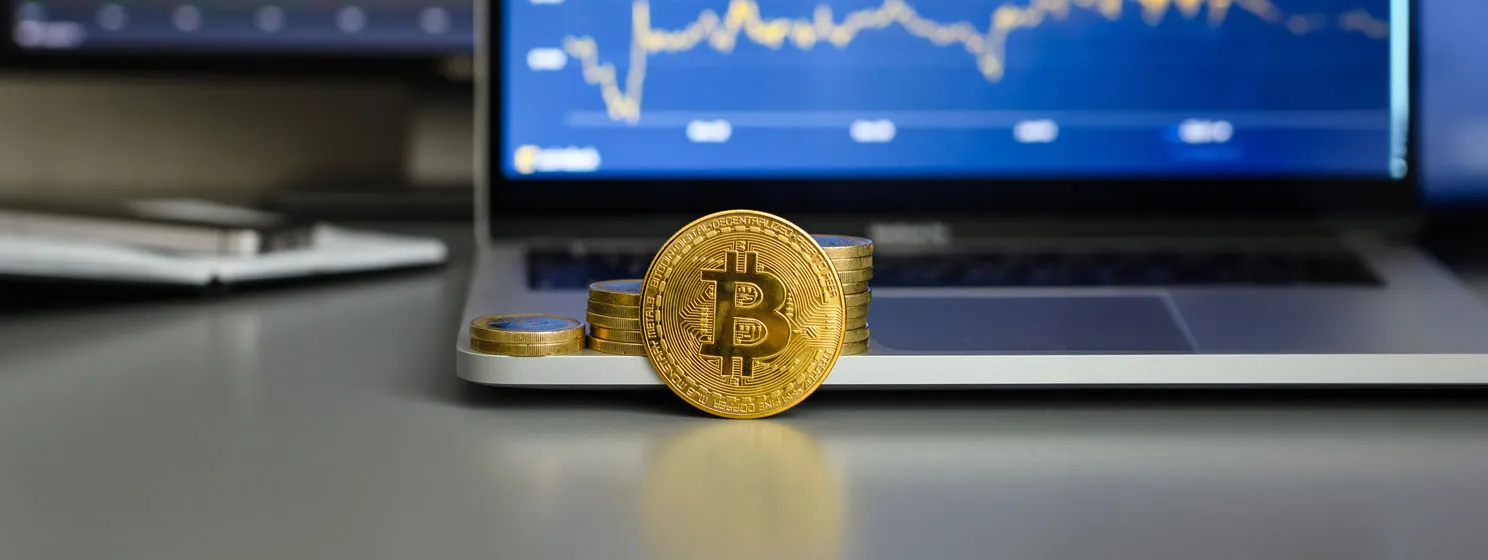|
Getting your Trinity Audio player ready...
|
The central bank of Sweden (Riksbank), the world’s oldest central bank and the fourth oldest bank in operation, is wary of digital currencies and stablecoins.
“The risk that shocks in the market for crypto assets will threaten Swedish financial stability is currently considered to be small. However, these could jeopardise stability further ahead if, for example, the exposures of banks and institutional investors increase,” said Riksbank in their recently released report “Cryptoassets and their impact on financial stability.”
The risks of digital currency
Throughout the report, Riksbank expresses its fears regarding digital currencies and how they can negatively impact the traditional finance system.
The report highlights some of the major risks associated with digital currencies and stablecoins, such as the amount of energy proof-of-work mining operations consume, the primarily speculative use-cases and lack of utility, the illicit uses of digital currency assets, and the lack of regulation and enforcement.
Energy Consumption: Riksbank makes three arguments about proof-of-work mining and how it has a negative impact on energy consumption. (1) they argue that the digital asset industry consumes so much energy because of proof-of-work mining. (2) They point out that miners find it advantageous to own and operate as many mining rigs as possible, which means they are constantly trying to increase the size of their mining operation, and as a result, they increase the amount of electricity they consume. (3) they argue that a BTC transaction consumes significantly more energy than the average credit card transaction.
These factors result in the BTC network consuming more electricity annually than a few small countries. For those reasons, the Riksbank says that it favors an EU-wide Proof-of-Work mining ban and that they believe Sweden should make an effort to “prevent the method from becoming even more established.”
Lack of Utility: Riksbank says that digital currencies are highly speculative and that even though most are marketed as a means of payment, “more than 50 percent of the Bitcoin supply is held for a year or longer,” which shows that people are not using digital currencies as money. It also notes that most digital currencies lack the characteristics that are needed for an efficient payment system. Some are volatile and have long transaction confirmation times, making them unfeasible options in most payment scenarios.
Speculative risks: The report explores a few ways individuals speculate on digital currencies like derivative products and leveraged products offered by financial institutions and digital currency exchanges. Its primary concern with these financial vehicles is that the digital currency platforms that offer them have few reporting requirements, which often leads them to lack safeguards and consumer protections. When this is the case, and the Bitcoin products being offered experience a destabilizing event, it can leak into the broader market for digital assets and harm the market and investors—we saw this happen when Terra Luna’s stablecoin collapsed.
Regulatory Risk: The final concerns that Riksbank covers in their report are the lack of regulation, enforcement, and accountability in the digital currency space. Riksbank argues that stablecoin providers “conduct banking like activities, while not complying with the requirements of the banking regulations.” This ultimately leaves consumers and retail investors at a significant loss, as we have seen in the case of Terra’s UST stablecoin.
Beyond that, Riksbank notes that digital currency has been used to launder money and for terrorist financing. Both activities tend to break sanctions and carry severe penalties when proper tools and resources are used to track this activity and enforce the law.
Riksbank digital currency conclusion
Despite all of its concerns, the Riksbank says that Sweden is researching an e-krona central bank digital currency (CBDC), and they acknowledge that digital currency and stablecoins can optimize payments if done correctly.
But ultimately, Riksbank believes that the way the digital currency and stablecoin sectors currently operate is not efficient and comes with many risks. Due to some of the recent events and research that exposes these risks, they believe that many countries are in the process of creating regulations around digital currency markets.
But until legislators take action, Riksbank will continue to worry about the effects that digital currency and stablecoins can have on the traditional financial system. At the moment, Riksbank believes that the digital currency market is not large enough to have a significant impact on traditional finance in Sweden. Still, it fears that if the market continues to grow with banks and financial institutions taking a position, then the financial stability of conventional markets will be at risk.
Watch: The BSV Global Blockchain Convention presentation, BSV On-chain Ecosystem Development in Europe
https://www.youtube.com/watch?v=ggbZ8YedpBE&t=25004s

 07-09-2025
07-09-2025 





